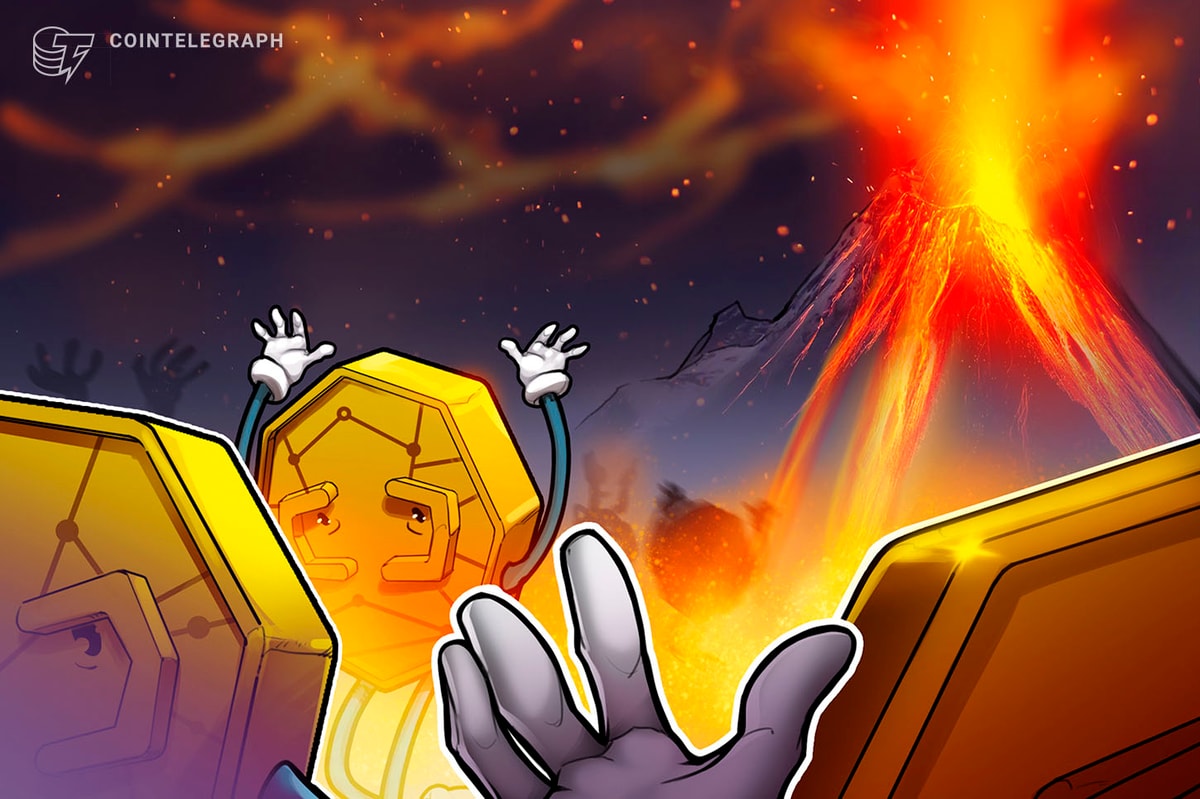Reserve Bank of India Governor Shaktikanta Das warned that if crypto becomes regulated and is allowed to grow, it could cause the next financial meltdown.
The governor of the Reserve Bank of India (RBI), Shaktikanta Das, did not mince his words when discussing the crypto sector at a recent conference, asserting that “private” crypto will be behind the next financial crisis.
Speaking at the Business Standard BFSI Insight Summit on Dec. 21, Das argued that private cryptocurrencies — those that are not issued by banks or governments — are backed by nothing and are purely tools for speculation.
“They have no underlying value. They have huge inherent risks for our macroeconomic and financial stability. I am yet to hear any credible argument about what public good or what public purpose it serves,” he said.
Adding to those sentiments, Das went on to suggest that a full-scale crypto ban in India would be the best approach moving forward:
Highlighting examples of such risk, the RBI head pointed to the recent FTX implosion led by the freshly extradited Sam Bankman Fried.
“I don’t think we need to say anything more about our stand after the developments over the last one year, including the latest episode around FTX,” he said.
Such comments mark another instance in which a key figure in politics or finance has blamed the crypto sector for FTX’s collapse, with many U.S. senators in particular taking the chance to slam digital assets over the past few weeks.
Das, of course, spoke in much more favorable terms of central bank digital currencies, emphasizing that the RBI is actively pushing to get its digital rupee off the ground.
“You will see in days to come more and more central banks will embrace digital currencies and India has been in the forefront of the digital revolution in the current century,” he said.
The RBI has historically had a frosty view on crypto and questioned its value on several occasions. Das’ latest comments show that the sentiment is only getting worse, as the bank had previously ranked the sector at the bottom of its list of systemic risks as recently as June.
Author
Administraroot


